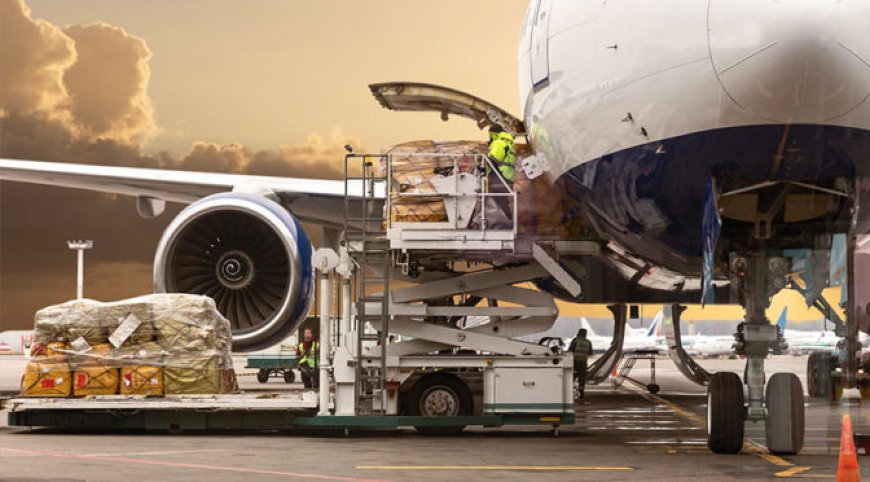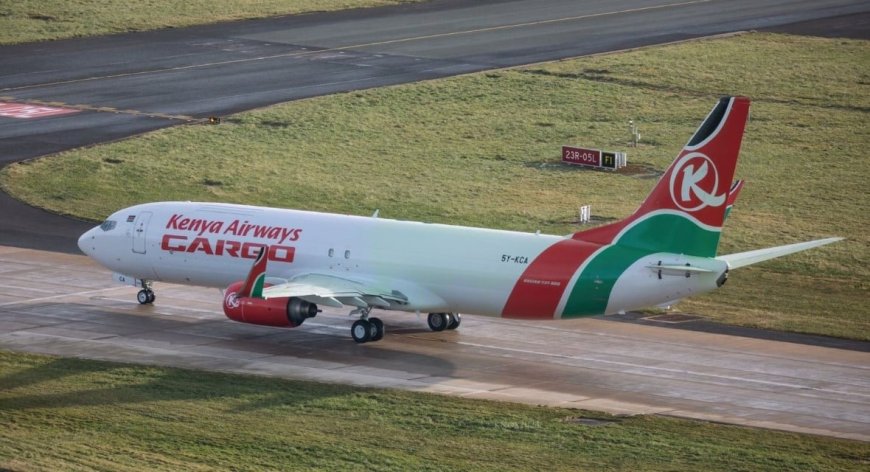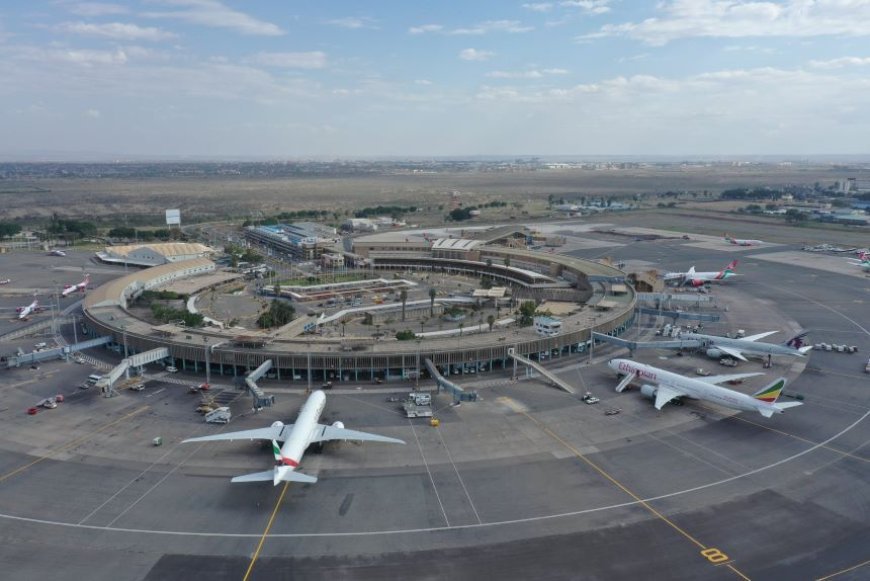MUSOLA: How Air Cargo Is Quietly Rewiring Africa’s Economy
Air cargo is not merely a logistics function for the continent; it is the lifeblood of modern commerce

By Peter Musola
When most people think about aviation, they imagine passengers boarding planes, business travellers in transit, or families reunited.
What they rarely consider is what lies beneath—the tonnes of goods that move through the belly of aircraft, silently powering global trade and driving economic transformation.
However, the numbers tell a compelling story. According to Boeing’s World Air Cargo Forecast (WACF) (2022 -2041) - a biennial addendum to the Commercial Market Outlook, air cargo represents less than one percent of total trade volume but accounts for over 35 percent of trade by value globally. Yet, this sector’s strategic importance is often underappreciated.
Africa’s aspirations—be it through the African Continental Free Trade Area (AfCFTA), food security targets, or digital transformation agendas—essentially hinge on the free and fast movement of goods. Air cargo, therefore, is not merely a logistics function for the continent; it is the lifeblood of modern commerce, a vital trade facilitator, and an economic equaliser.

A Kenya Airways Cargo plane taxiing at an airport. /KENYA AIRWAYS
In a continent where land transport can be slow or inefficient and maritime routes often bypass key inland markets, air cargo offers a crucial link to regional and global supply chains.
It connects farmers to export markets, empowers Small and Medium-sized Enterprises (SMEs) through e-commerce platforms, and integrates manufacturers into just-in-time global supply chains, effectively transforming geographical distance into a competitive advantage.
From Nairobi to Amsterdam, from Accra to Guangzhou, the freighters and aircraft of carriers like Kenya Airways are conduits of possibility, not just for people, but for goods. Consider fresh flowers from Naivasha - Kemya reaching European florists in under 24 hours, sensitive pharmaceuticals transported across the continent with required precision, or urgent medical supplies delivered in times of crisis.
In 2024, African carriers recorded an 8.5 percent increase in cargo volumes, with capacity growing by 13.6 percent according to the International Air Transport Association (IATA). This growth was largely linked to the continent’s agricultural exports, especially perishables. As fresh produce fuels this growth, this unseen world of air cargo deserves a front-row seat in conversations about Africa’s economic growth
To advance regional trade and meet growing demand for air cargo services across Africa, the Middle East, and Asia, Kenya Airways expanded its cargo operations in the year ended with the addition of two Boeing 737-800 freighters and investments in infrastructure such as Pharma cold room which is certified by IATA(CEIV) and Cold storage facility for perishable cargo.
These strategic interventions resulted in a 25 percent increase in cargo capacity and expanded the airline’s operational reach to key destinations, including the Middle East, India, Eldoret (Kenya), and several cities in West Africa.
However, realising the full potential of air cargo in Africa requires a concerted effort. Governments, regulators, and private sector actors must align to prioritise their development.
This necessitates investing in airport infrastructure, digitising customs processes, harmonising regulatory frameworks, and providing support for local producers to scale to international markets. Fundamentally, it means treating cargo as a strategic lever of trade.
Furthermore, building a robust air cargo ecosystem demands a focus on capacity building. Skilled manpower, from handlers and logistics experts to data analysts, is essential. As demand grows for integrated, tech-enabled logistics solutions, Africa must proactively train a workforce ready to seize these opportunities. This is not solely about aircraft; it’s about people, skills, and systems working harmoniously to deliver excellence.
Environmental sustainability is another critical dimension. As global cargo demand increases, so too does scrutiny on emissions. Airlines are increasingly adopting sustainable practices, including fuel-efficient routing, digitised documentation to reduce paper waste, and exploring green partnerships.
Ultimately, the conversation about air cargo transcends mere freight. It is primarily about trade and Africa’s ability to compete and thrive in the global marketplace. It is about empowering our entrepreneurs with the tools they need to scale, ensuring that a farmer in Kenya or a designer in Lagos can reach customers in Dubai, London, or New York.
If we are truly serious about unlocking Africa’s economic potential, then we must be equally serious about investing in the systems that move its goods, and air cargo must be a central pillar of that investment.
Peter Musola is the Head of Cargo Commercial at Kenya Airways
Do you have an opinion article to share with us? Reach us at opinion@viraltea.co.ke







